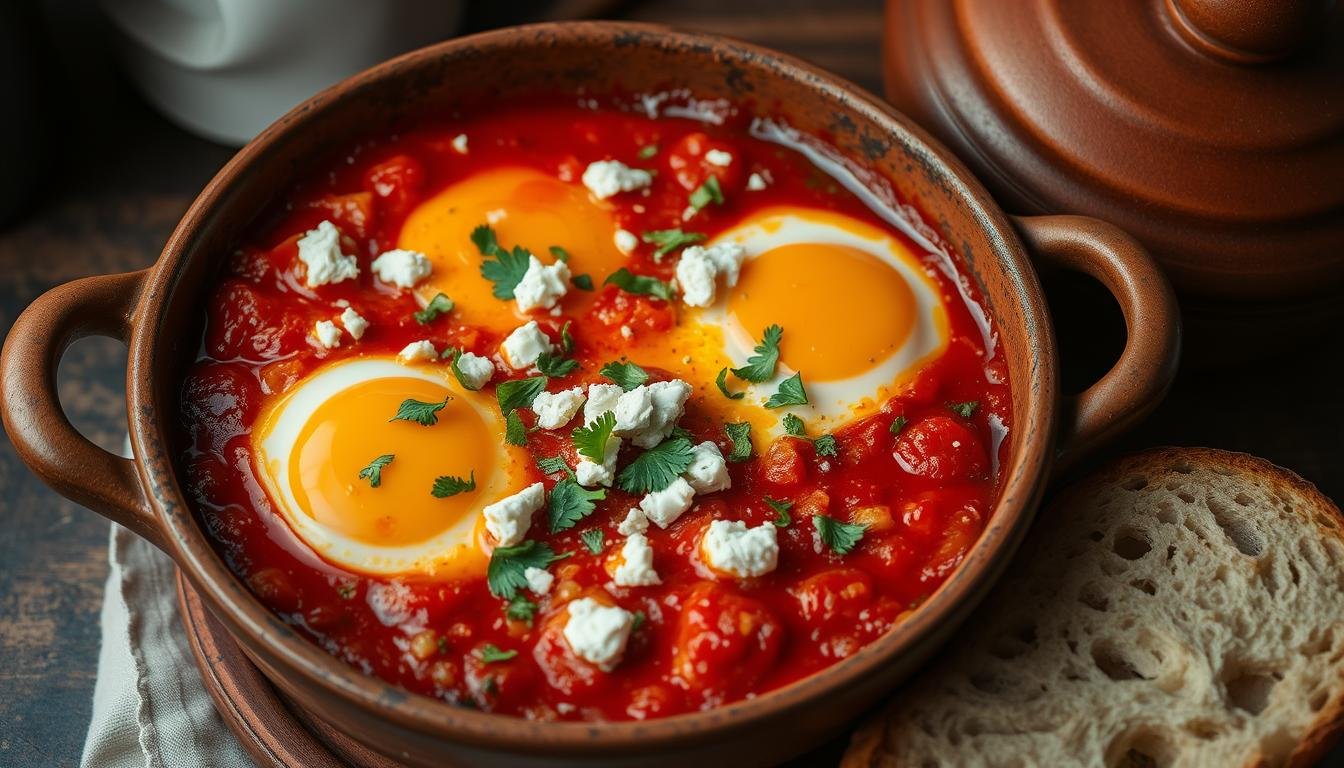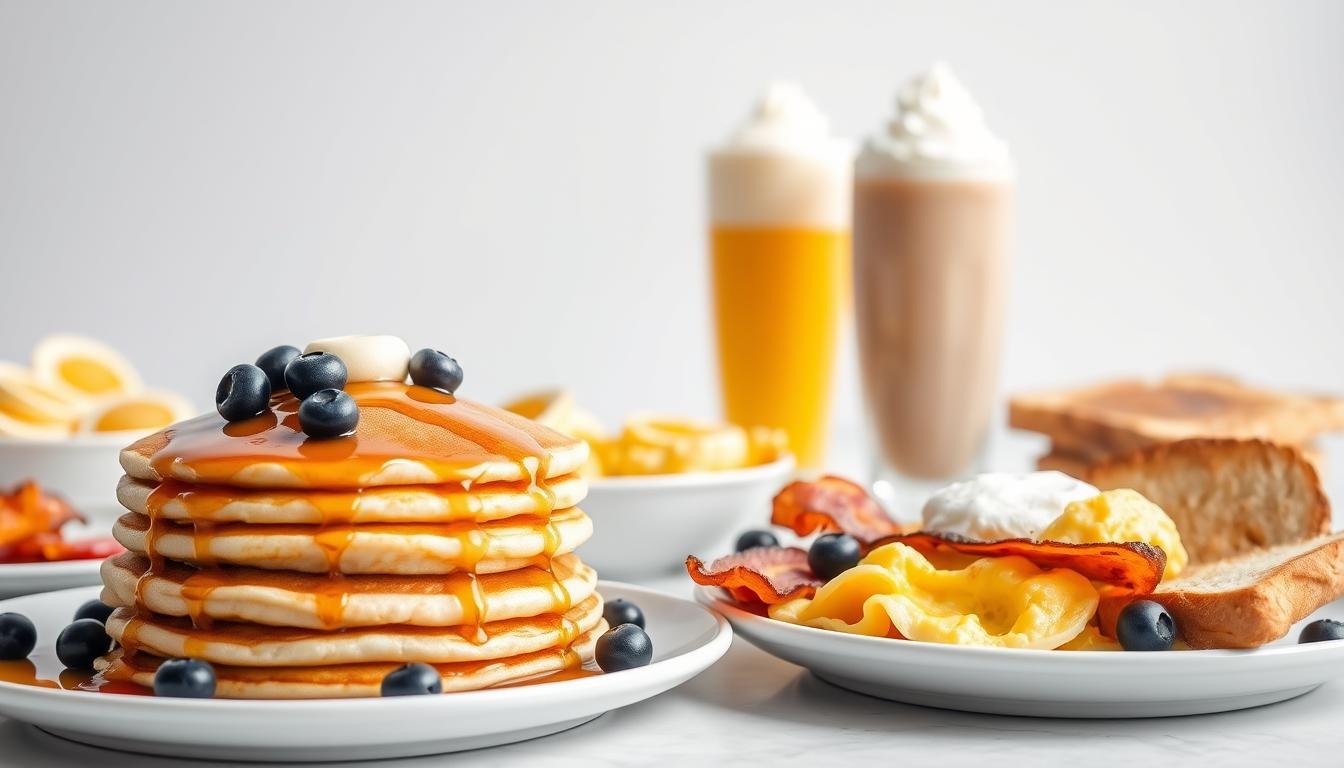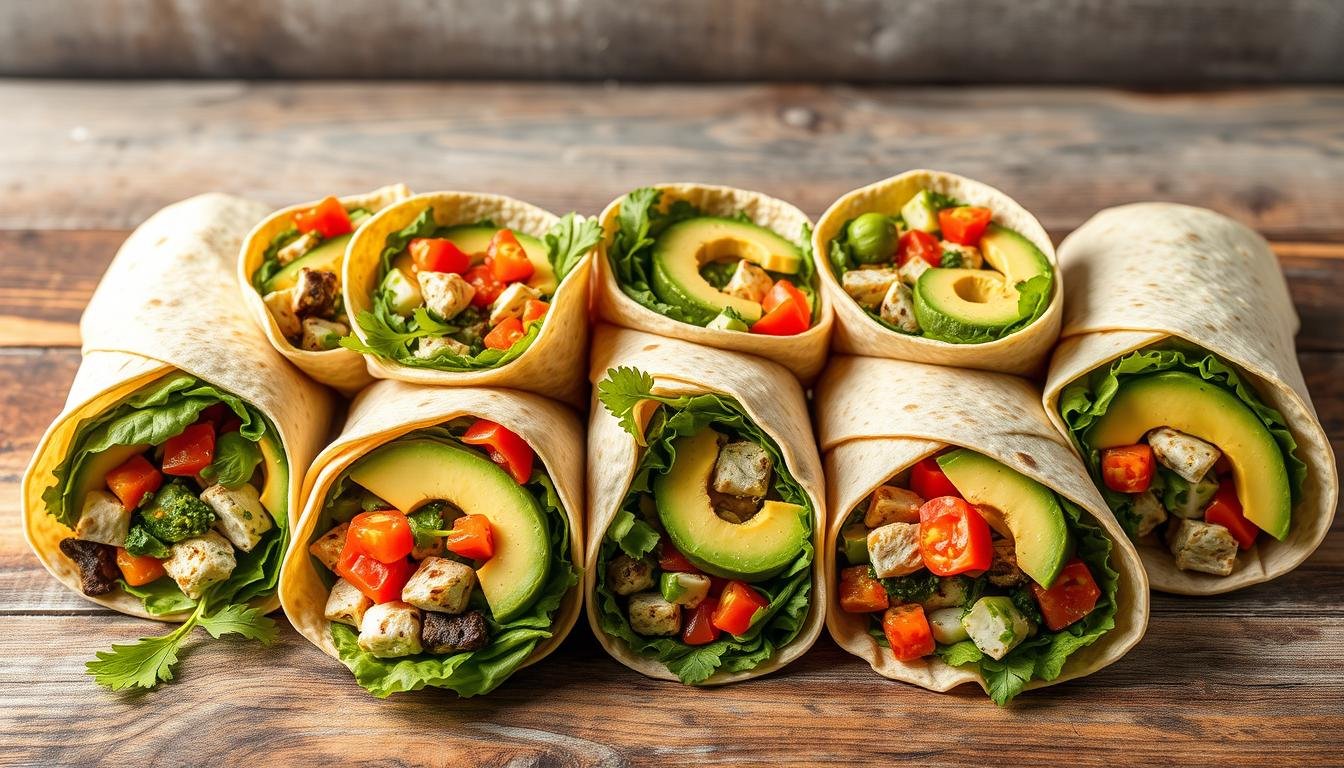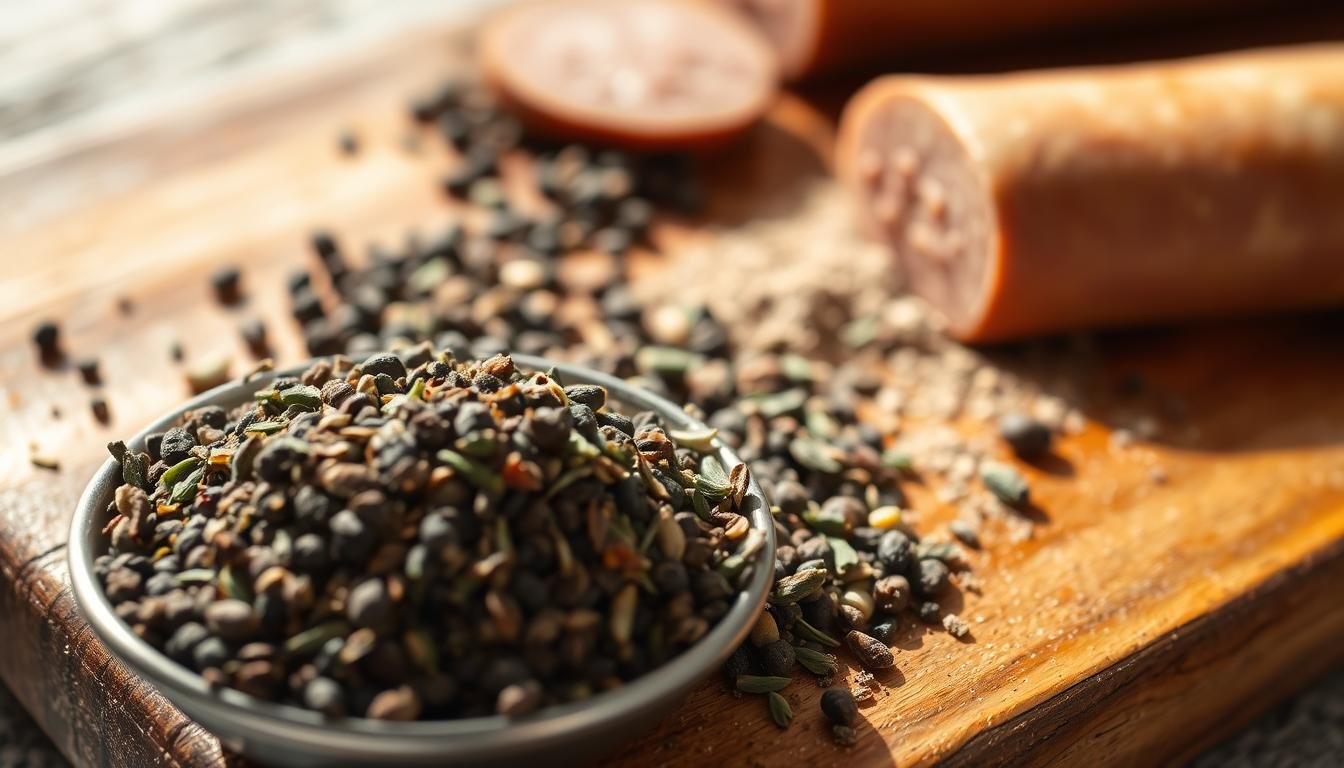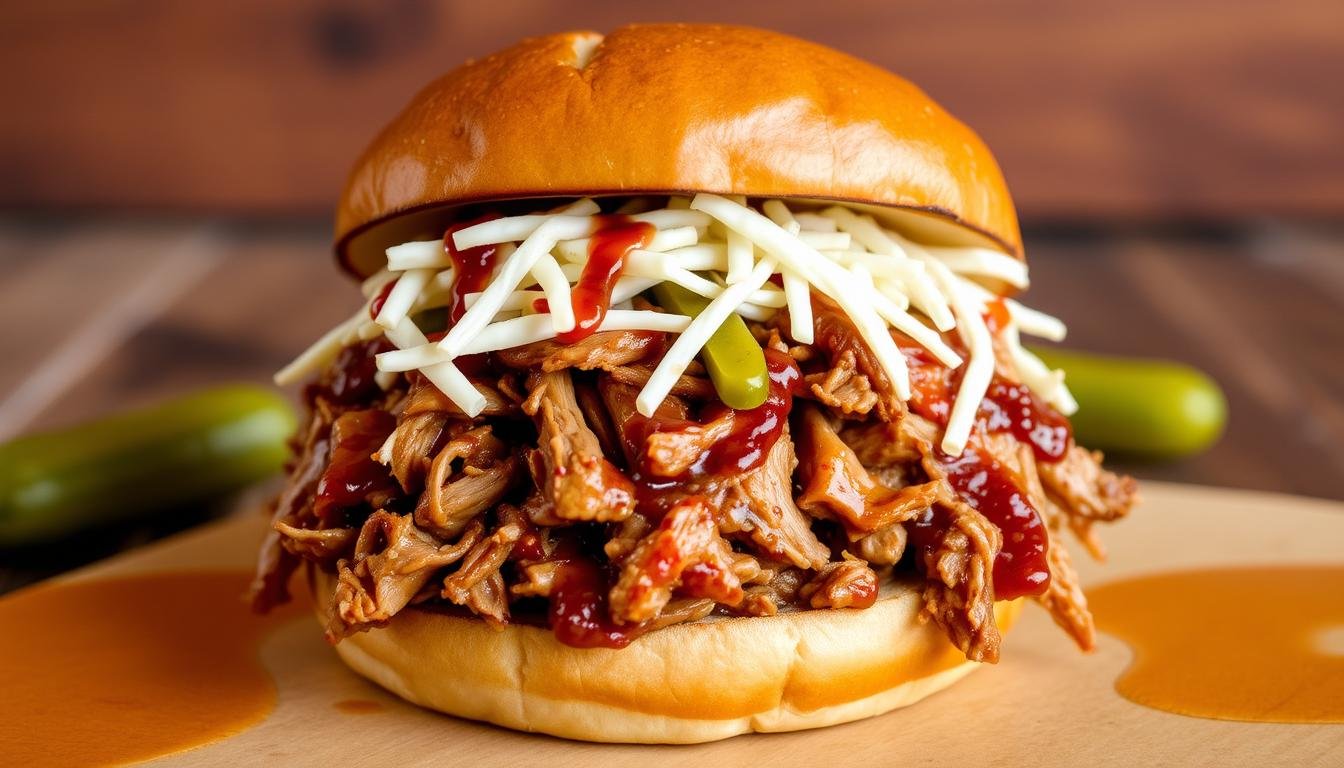Thai Iced Tea, also known as Cha Yen, is loved in Thailand and around the world. Its bright orange color and creamy taste are unique. Some wonder, “does Thai iced tea have caffeine,” and what it might do to their health. We’ll look into does Thai iced tea have caffeine, its ingredients, and special qualities in this article.
Key Takeaways
- Thai Iced Tea usually has 20-60 mg of caffeine per cup, less than coffee.
- The amount of caffeine in Thai tea can change. This depends on how it’s made and the tea quality.
- Thai tea is made with black tea, condensed milk, and spices like cardamom and star anise.
- Its flavor goes well with strong, spicy, or savory foods.
- Enjoying Thai tea in moderation is important. Too much caffeine can be bad for your health.
The Role of Tea Leaves and Brewing Time
The caffeine in Thai iced tea changes based on the tea leaves and brewing time. Thai iced tea often mixes black tea leaves, which have more caffeine than herbal teas. Steeping the tea longer means more caffeine is pulled from the leaves, making the tea stronger and more caffeinated.
Factors Influencing Caffeine Levels In Thai Tea
Several things affect the caffeine in Thai tea:
- Type of Tea Leaves: Black tea leaves, with more caffeine, are a big reason for Thai tea’s caffeine.
- Brewing Time: Longer brewing means more caffeine is pulled from the leaves, making the tea more caffeinated.
- Additives: Sweetened condensed milk, often added, can change the caffeine levels and flavor.
Brewing Time and Caffeine Extraction
Thai iced tea is steeped for a long time, unlike regular black tea. This long steeping pulls more caffeine from the leaves, making the tea more caffeinated. The usual 8-ounce serving size also affects the caffeine in each cup.
“The caffeine content of Thai tea ranges from 20-60 milligrams per 8-ounce cup, which is lower than coffee that can contain 95-200 milligrams in the same serving size.”
Caffeine Content in Thai Tea: Surprisingly Low
Thai Iced Tea is not as caffeinated as you might think. It actually has less caffeine than a typical coffee cup.
A coffee cup has about 94.8 mg of caffeine. But Thai Iced Tea only has 47 mg per cup. So, Thai Iced Tea has less than half the caffeine of coffee.
| Beverage | Caffeine Content (per cup) |
|---|---|
| Coffee | 94.8 mg |
| Thai Iced Tea | 47 mg |
The low caffeine in Thai tea comes from its special mix. It includes black tea, spices, and sweeteners. These ingredients balance out the caffeine.
Thai Iced Tea is great if you want something tasty but not too caffeinated. It’s sweet and has just the right amount of caffeine. It’s a nice change from coffee.
Comparing Thai Tea to Coffee: A Caffeine Contrast
Thai iced tea and coffee have different amounts of caffeine. Coffee gives a strong caffeine kick. Thai iced tea, on the other hand, offers a gentle energy boost. An 8-ounce cup of thai tea caffeine vs coffee has 40-70 mg of caffeine. This is less than the 80-100 mg in a typical 8-ounce cup of coffee.
Flavor: Thai Tea’s Distinctive Profile
Thai iced tea has a unique flavor. It’s sweet, creamy, and slightly spicy. This taste comes from black tea, condensed milk, sugar, and spices like cardamom and star anise. It’s a refreshing drink that’s a nice change from coffee’s strong taste.
Caffeine Content: Thai Tea vs. Coffee
Even though caffeine content in thai tea vs coffee is different, both can give you energy. The sugar, condensed milk, and black tea in Thai iced tea can make you feel energized. But, Thai iced tea has less caffeine than coffee. This makes it a good choice for those who don’t want too much caffeine.
| Beverage | Caffeine Content (per 8 oz) |
|---|---|
| Thai Iced Tea | 40-70 mg |
| Coffee | 80-100 mg |
The table shows the caffeine content in thai tea vs coffee. It’s clear that coffee has more caffeine. This is something to think about if you’re watching your caffeine intake or looking for a different energy boost.
Thai Tea’s Unique Ingredients and Their Effects
Thai iced tea is famous for its special taste. This taste comes from a mix of ingredients. Each part adds to the tea’s unique flavor.
Black Tea: Antioxidants and Disease Prevention
The heart of Thai tea is black tea leaves. They are full of antioxidants. These help fight off diseases like diabetes and heart disease.
Cardamom: Aiding Diabetes Management
Cardamom is a key part of Thai tea. It helps control blood sugar and improves insulin use. It also has anti-inflammatory effects.
Star Anise: A Medicinal Marvel
Star anise gives Thai tea its licorice-like taste. It’s not just for flavor. It also fights inflammation and viruses.
Tamarind Seed: Promoting Gut Health
Tamarind seed is in Thai tea too. It helps keep the gut healthy. This makes Thai tea different from other teas.
Thai tea is more than just a drink. It’s a mix of ingredients that can help your health. It supports antioxidants, fights diabetes, and keeps your gut healthy.
The Sugar Factor: Balancing Sweetness and Caffeine
Thai Iced Tea is famous for its bright orange color and creamy taste. But what makes it special is not just the tea. It’s the sugar and condensed milk that add sweetness and creaminess. These ingredients also affect the tea’s caffeine and energy-boosting effects.
The sugar in Thai Iced Tea gives a quick energy boost. But then, the body’s insulin response can make you feel tired. This is because the sugar’s energy doesn’t last long.
Thai Iced Tea has less caffeine than coffee. The tea leaves do have caffeine, but sugar and other ingredients hide it. So, the energy boost from Thai Iced Tea comes more from sugar than caffeine.
To enjoy Thai Iced Tea without too much sugar, be careful with how much you add. Try a less sweet version or adjust the sugar amount. This way, you can still enjoy its unique taste without the bad effects of too much sugar.
| Ingredient | Amount |
|---|---|
| Thai Tea Mix | 1 cup |
| Water | 4 cups |
| Granulated Sugar | 3/4 cup |
| Half and Half | 3/4 cup |
Knowing how sugar and caffeine work in Thai Iced Tea helps you enjoy it wisely. You can appreciate its flavors without harming your health or energy.
Food Coloring: A Potential Concern
Thai Iced Tea is famous for its bright orange-red color. This color comes from food coloring. Some food dyes, like Red 3, have been linked to cancer in animal studies.
Using food coloring in thai tea worries some health-conscious people. It’s key to know about food coloring in Thai Iced Tea. This is especially true for those who are sensitive to artificial additives.
- The traditional Thai Tea Mix recipe includes a blend of black tea, water, sugar, sweetened condensed milk, and evaporated milk.
- To achieve the iconic orange-red hue, food coloring is often added to the tea mixture.
- Some common food dyes used in Thai Iced Tea include Red 3 and Yellow 5, which have been the subject of ongoing health debates.
Food coloring makes Thai Iced Tea look great. But, it’s important to think about the risks. People with dietary concerns should think twice about artificial dyes in their tea.
“The use of food coloring in Thai Iced Tea has raised valid concerns, as certain dyes have been linked to potential health risks. It’s important for consumers to be informed and make decisions that align with their personal wellness goals.”
Choosing to drink Thai Iced Tea with food coloring is up to you. Knowing the health concerns with food coloring helps you make better choices. This way, you can enjoy your tea while looking after your health.
Does Thai Iced Tea Have Caffeine?
Yes, it does, but less than coffee. Thai iced tea is a favorite drink known for its creamy taste. Many wonder if it has caffeine.
A cup of Thai iced tea has about 47 mg of caffeine. Coffee can have up to 94.8 mg of caffeine. The caffeine in Thai iced tea changes based on the tea leaves, brewing time, and recipe.
| Beverage | Caffeine Content (per 8-ounce cup) |
|---|---|
| Thai Iced Tea | 20-60 mg |
| Coffee | 95-200 mg |
The caffeine in Thai iced tea comes from black tea. The brewing and sweetened condensed milk can change the caffeine levels. The type of tea leaves and brewing time also play a role.
Thai iced tea has less caffeine than coffee. It’s a good choice for those wanting a flavorful drink with less caffeine.
In short, Thai iced tea has caffeine, but less than coffee. The caffeine amount can change based on the recipe and how it’s made. Knowing this helps you choose drinks wisely and enjoy Thai iced tea responsibly.
Who Should Be Cautious with Thai Tea?
Thai Iced Tea is a tasty drink, but it’s important for those sensitive to caffeine to be careful. People with heart issues, anxiety, or who are pregnant should watch their caffeine intake. Too much can cause heart problems, headaches, and trouble sleeping.
Caffeine Sensitivity and Intolerance
Some folks are more affected by caffeine than others. Thai tea has about 218 mg of caffeine per when made with tea bags. Even this amount can be too much for those who are sensitive.
Symptoms of Caffeine Overconsumption
Too much caffeine from Thai tea can cause problems. These include:
- Weight gain
- Tooth decay
- Nervousness
- Insomnia
- Impaired iron absorption
- Digestive issues
Thai tea also has a lot of sugar and fat. This can be bad for those with lactose intolerance from the condensed milk.
It’s key to know how you react to caffeine. Drinking Thai Iced Tea in moderation is best. This way, you can enjoy it without harming your health.
Moderation is Key: Enjoying Thai Tea Responsibly
Thai Iced Tea has less caffeine than coffee. But, it’s important to watch how much you drink. This is to avoid health problems like caffeine addiction and jitters.
Too much Thai Iced Tea can also cause anxiety and heart issues. It might mess with your sleep and stomach. So, drinking it in small amounts is best.
Long-term Effects of Excessive Caffeine Intake
Drinking too much caffeine can harm your health over time. It can raise your blood pressure and weaken your bones. It might even increase your risk of heart disease.
It’s key to enjoy Thai Iced Tea in the right amount. Knowing how much is safe helps you enjoy it without harming your health.




